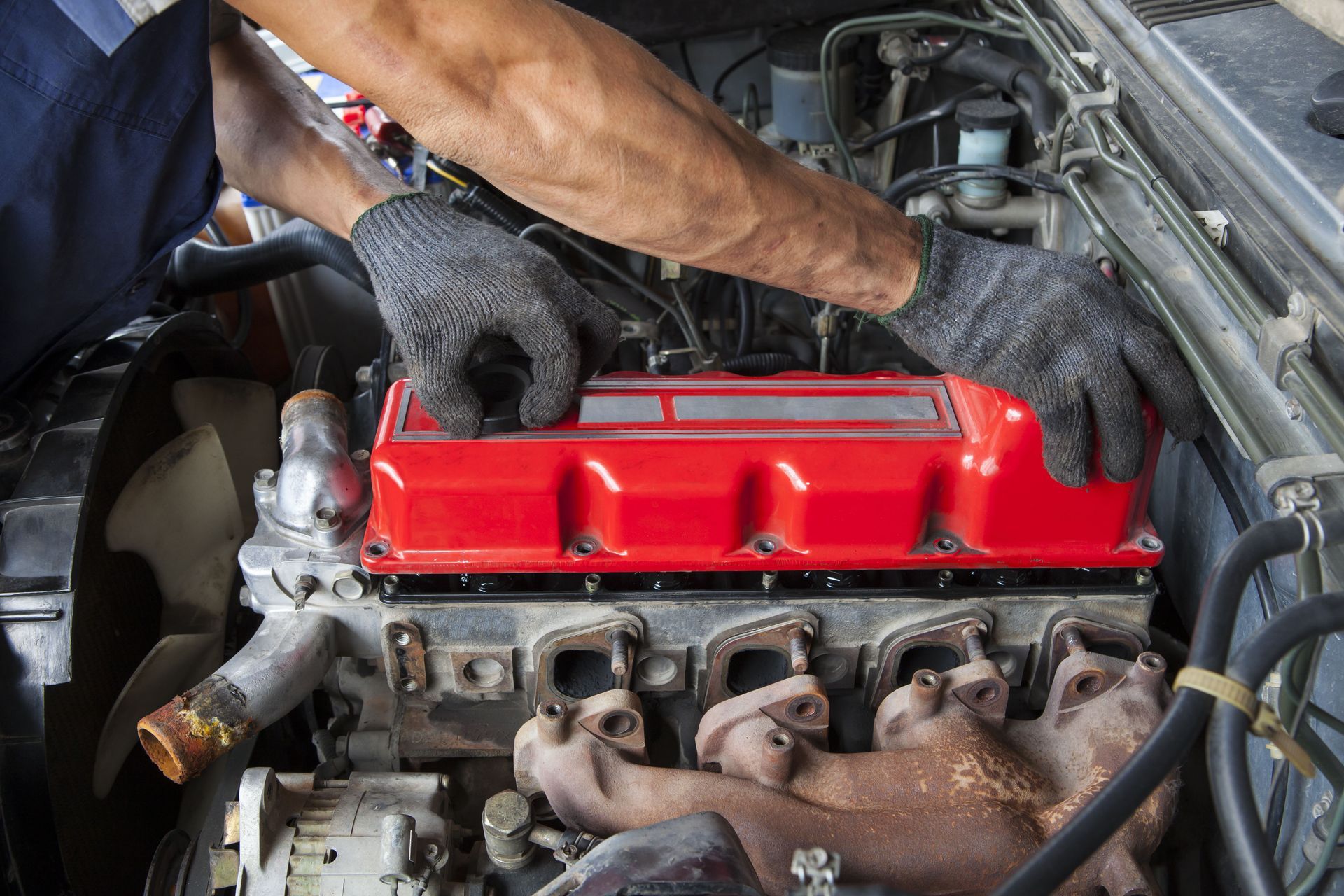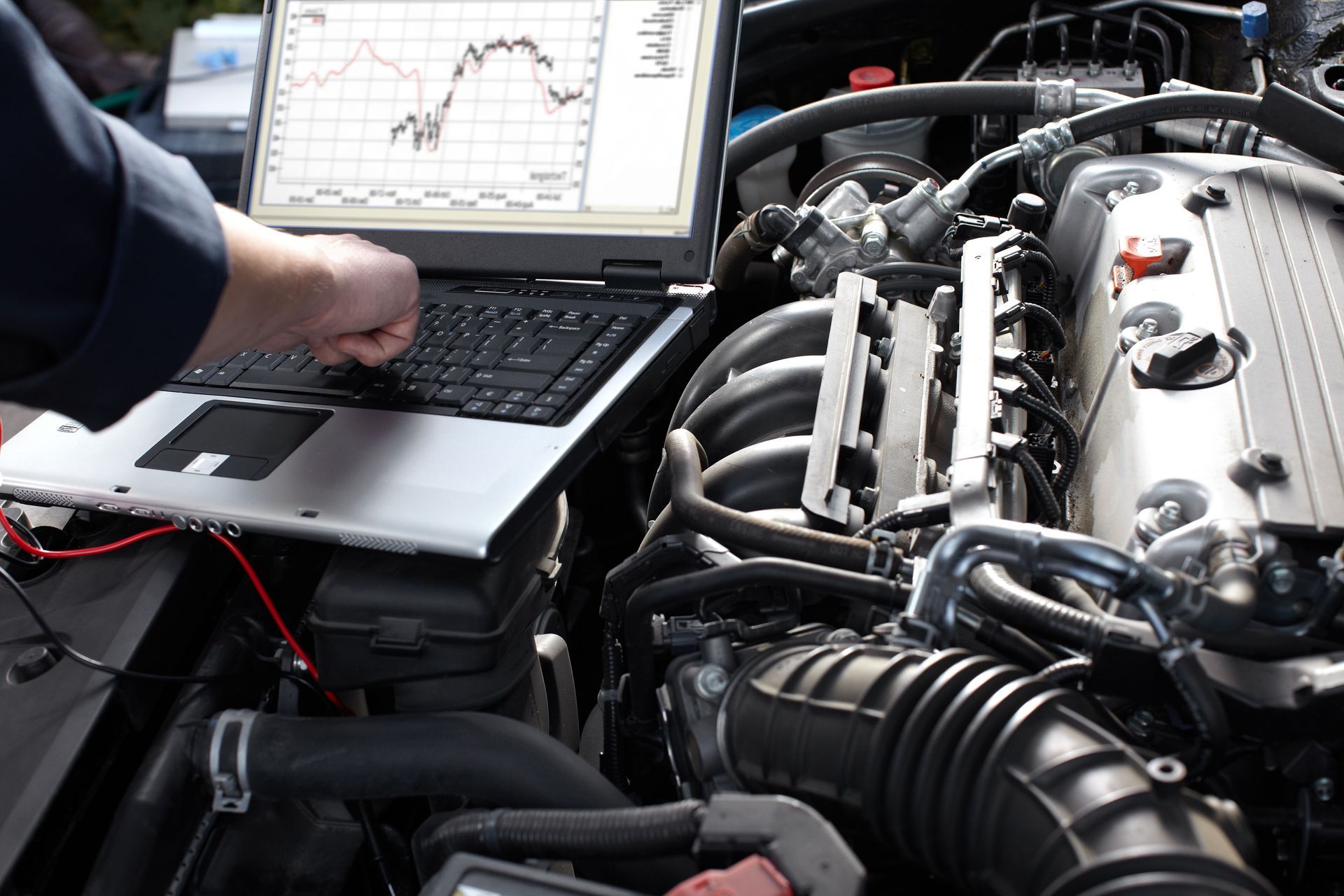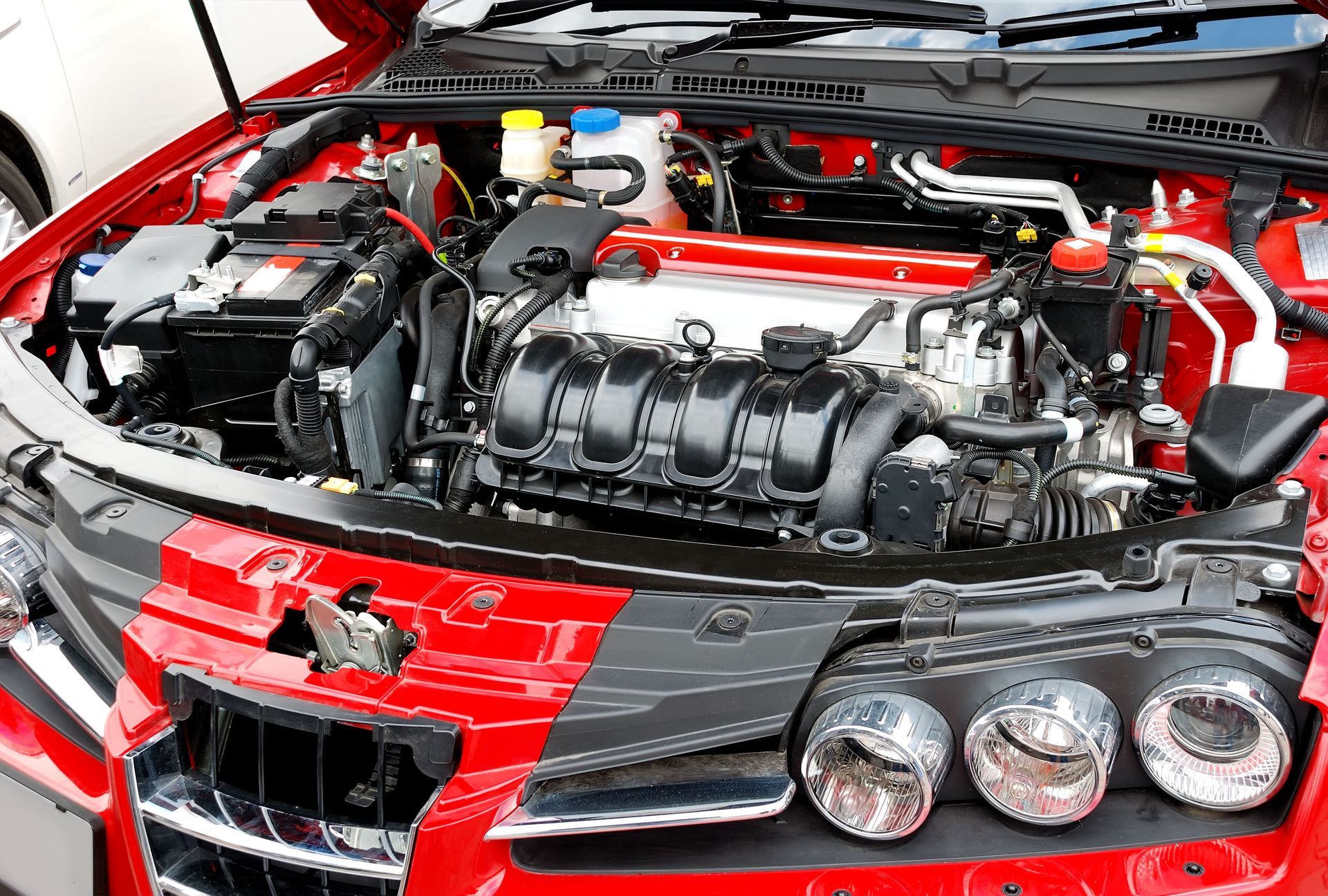Is a Head Gasket Worth Fixing?

What Is a Head Gasket?
The head gasket is important to make your car engine run. It is highly unlikely that you will ever see it though, hopefully. This gasket is ‘sandwiched’ between the cylinder head and the engine block, this small but vital component seals the process of internal combustion, which allows the coolant and oil to flow throughout the engine, keeping it cool and lubricated.
So, if your mechanic tells you that you’ve “blown your head gasket”, you’re not going anywhere until you schedule head gasket repair , which usually requires replacing it. Okay, so it is important to the car engine, but what is it?
Not only does the head gasket seals the combustion chamber, but it also allows the engine to produce the power needed for the car to move. The head gasket also keeps the harmful gases a car forms from exiting the combustion chamber, routing them through the exhaust.
Does a Blown Head Gasket Mean You Need a New Engine?
It depends on how much damage the blown head gasket caused, i.e., how much did you drive it without getting a head gasket repair job? If your mechanic advises you that any of the following have occurred, then the engine is beyond any head gasket repair. The following are things that can happen when the head gasket is blown, and the answer to “Can Head Gaskets be repaired?” is stated with each of these examples:
Damaged Cylinder Head
A damaged cylinder head is visible with cracks, tunneling, or warping. A cracked cylinder head is usually nothing more than a boat anchor. A cylinder head with tunneling may be repairable, but more often it is not. And a warped cylinder has a chance of the mechanic being able to repair it if is not too severely warped. In short form, a damaged cylinder head will require a new engine.
Damaged Engine Block
A blown head gasket repair probably won’t be possible if the engine block is damaged, but it takes a bit more damage than the cylinder because of the materials used in making engine blocks. It will depend on how much of the surface area of the engine block is damaged in determining if the head gasket repair is possible.
Damaged Bearing
When the head gasket blows, excessive heat is generated inside the engine, and that causes damage to the bearing. If you check the oil and it is like chocolate milk or watery oil, then the bearings could be beyond repair, which could make a head gasket repair improbable.
How Much Does It Cost to Repair a Head Gasket?
A head gasket repair job can range between $1,000 and $2,000 or more. It isn’t a matter of the gasket cost, but the work it takes to get to the gasket. When the mechanic tells you that a head gasket repair is possible, it isn’t a matter or installing a new gasket.
The engine may have to be removed or the top half of the engine removed. There are several components attached to the engine that must be disconnected or removed to get to the gasket. The old gasket is removed and thrown away, scraping any residue is required before placing a new gasket.
Is It Better to Repair a Head Gasket or Replace the Engine?
If none of the other extending areas we mentioned are damaged, a head gasket replacement job is the better choice financially. While it cost upward of $2,000, buying a whole new engine is much more expensive.
Can You Drive With a Blown Head Gasket?
If you have a leaking head gasket, it is better not to drive the car any further than to the mechanic. Depending on how bad and where it is leaking will determine how far you can drive the car. You may not get out of the driveway, or you may be able to drive it for months before being forced to get a head gasket repair job. It’s a luck of the draw!
It All Comes to a Head!
Okay, we know the importance of the unseen engine part. It is understood that driving your car when you know the head gasket is leaking isn’t recommended. But, what causes a head gasket to break?
The most common reason is the engine was overheated, usually because of the lack of coolant. The lack of coolant is most often due to a leak from a hose or connection.
Head gaskets also will wear down after a while, especially on an aluminum engine. When aluminum heats up, it expands quicker than other types of metal, and this can weaken the head gasket out faster.
Some indicators that your car engine may need head gasket repairing are:
- Engine Overheating
- Blue, Grey, or White smoke coming from the tailpipe or from the engine
- Engine has a Loss of Power
- The Oil is Discolored
Keep all this mind to help keep your engine in the best shape possible.






Share On: